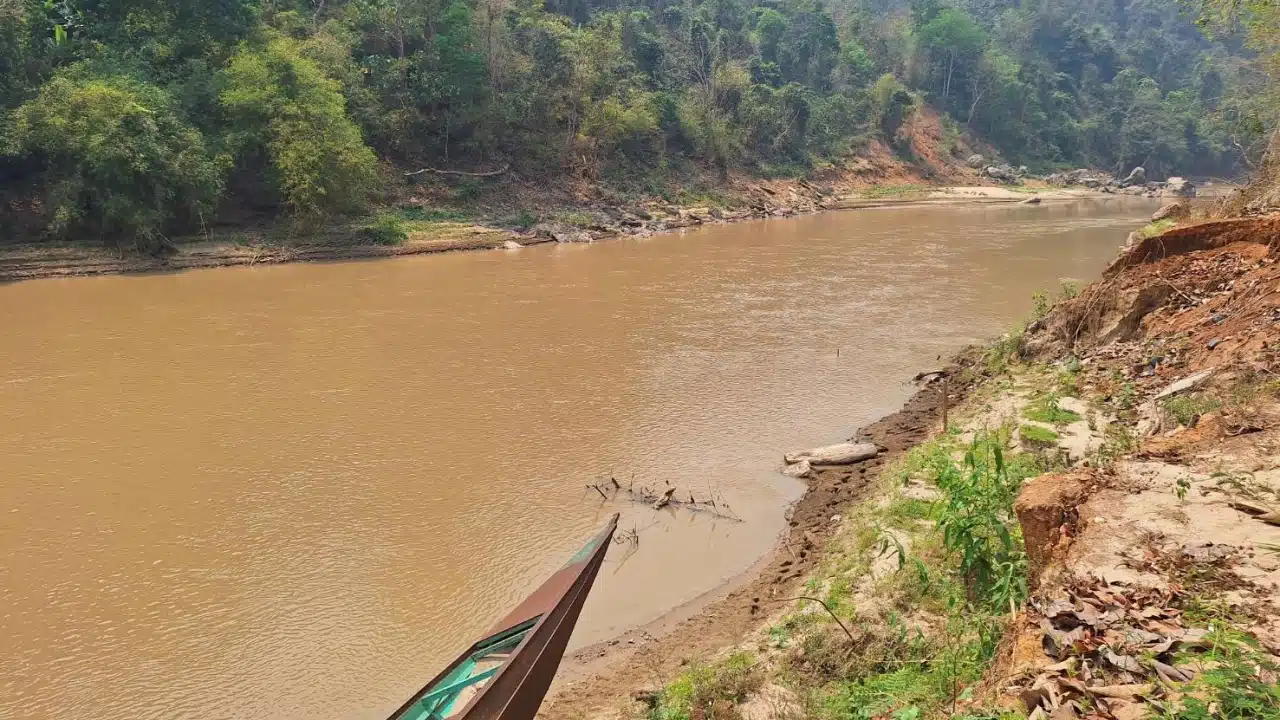Kok River pollution triggers health alert in Chiang Mai and Chiang Rai

The discovery of arsenic and lead contamination in the Kok River, particularly in the Mae Ai district of Chiang Mai province, has prompted health warnings for residents in both Chiang Mai and Chiang Rai.
Levels of arsenic and lead were found to exceed the standard limits, with arsenic measured at 0.026 mg/litre and lead at 0.076 mg/litre. The acceptable levels are 0.01 mg/litre and 0.05 mg/litre, respectively.
Doctor Amphorn Benjapolpitak, Director General of the Department of Health, Ministry of Public Health, highlighted potential health risks for those using the water for consumption or domestic purposes. These include rashes, diarrhoea, nausea, vomiting, and the risk of long-term toxicity accumulation that could lead to conditions such as skin cancer and neurological disorders.
Doctor Nithirat Boontanon, director of the Health Centre 1 in Chiang Mai, advised residents in affected areas, such as Mae Ai, Chiang Mai, and districts in Chiang Rai including Mueang, Wiang Chai, Wiang Chiang Rung, Mae Chan, Doi Luang, and Chiang Saen, to avoid using the Kok River for swimming or consumption.
Instead, they are encouraged to use treated tap water. If symptoms such as rashes, nausea, vomiting, diarrhoea, dizziness, lethargy, seizures, or loss of consciousness occur, immediate medical attention is advised.
Meanwhile, reports from locals working near the gold mining sites in the Shan State, the river’s source, have surfaced. Photographs reveal small gold mines authorised by Wa military forces, where business entities have undertaken extensive land clearing, reported KhaoSod.
This mining activity has led to sediment and arsenic-contaminated water being released into the Kok River, which subsequently flows downstream into Thailand, resulting in murky and polluted waters.
In addition, water samples from three points along the Kok River in Chiang Rai’s urban area were collected for contamination testing, with results expected in two weeks.
Officials are advising the public to exercise caution. There is also concern about the safety of village water supply systems that rely on the Kok River as a source of raw water, as the filtration systems may not meet required standards, reported Thairath.
Latest Thailand News
Follow The Thaiger on Google News:


























